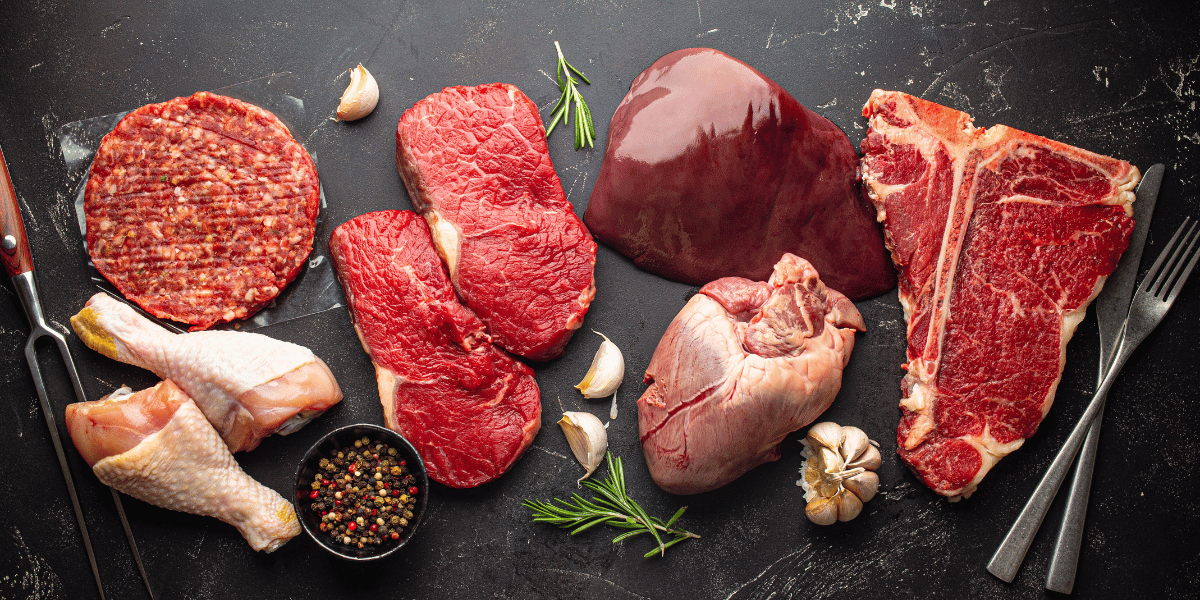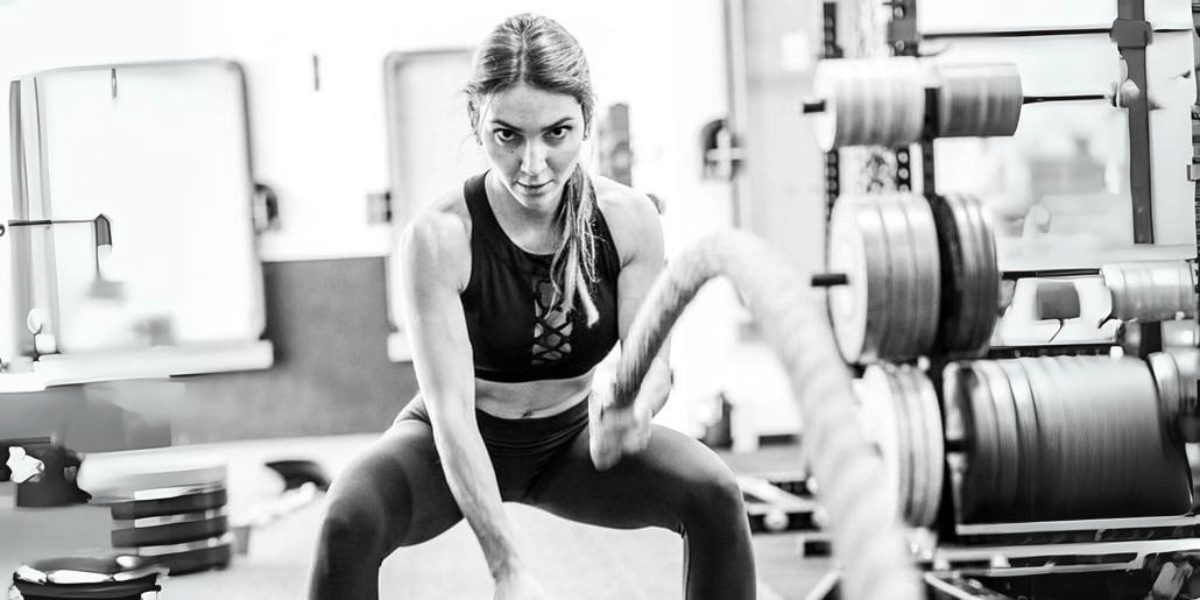3 Secrets to Enhance Your Training Results Outside the Gym
Did you know that the secret to amplifying your strength gains lies not only in what you do inside the gym but also in how you lead your life outside...
.png?width=70&height=70&name=Stark_LogoMark%20(1).png)

As a young athlete, building lean muscle is more than just a quest for aesthetic appeal; it’s about improving performance and resilience. In this technical pursuit, it's crucial to gather the right knowledge and adopt healthier, long-lasting techniques without being misled by harmful amateur advice.
Building lean muscle involves more than just lifting heavy weights. For most people, it's a highly technical procedure that relies on individualized solutions. The journey to achieving lean muscle is not about taking easy shortcuts but about understanding your own body and adopting a healthy approach.
You cannot expect to build usable muscle or improve your performance without taking care of your body. Your first step should be to adopt healthy eating habits and moving consistently both on and off the field. This does not equate to crash dieting or "dirty" bulking- instead, it should involve a balanced, nutritional diet primarily made up of whole foods coupled with regular exercise.
Training hard is an essential aspect of building muscle. However, more than the intensity, the quality of training is what matters. Focused exercises and dedicated discipline towards your training regime are key to cultivating lean mass.
A part of your healthy approach to building muscle involves understanding and mastering your diet. For instance, cutting out over-processed foods with excess calories and seed oils can help maintain an appropriate body fat percentage. Simple swaps like snacking on fruits and veggies in place of chips or opting for homemade versions of mass produced foods can make a big difference.
Once you have all the foundational habits in place, it's time to start building muscle. This doesn't mean a drastic shift in your workout or diet. Rather, it means refining them. For example, try snacking on nuts to ensure your brain is fueled before you workout, or consider adding gluten-free carbs to your dinner to replenish glycogen stores and promote muscle growth.
Supplements like branch chain amino acids and B complex vitamins can be beneficial. They can aid in improving your sports performance and help in building lean muscle. Also note that this is the last suggestion for a reason- pills or powders will have little if any effect without certain habits already in place, which is exactly why these are viewed as supplemental to your foundations!
So there you have it, an informed path to build lean muscle! Remember, everyone's journey is unique. The key is to adopt healthier, long-lasting methods that work for you as a young athlete, improving your performance and resilience.

Did you know that the secret to amplifying your strength gains lies not only in what you do inside the gym but also in how you lead your life outside...

Protein is an essential nutrient that supports the body by building and repairing tissues, producing enzymes and hormones, and maintaining immune...

You're thinking about hiring a personal trainer for a reason. You want to change your body! Personal trainers might be experts in exercise, but they...